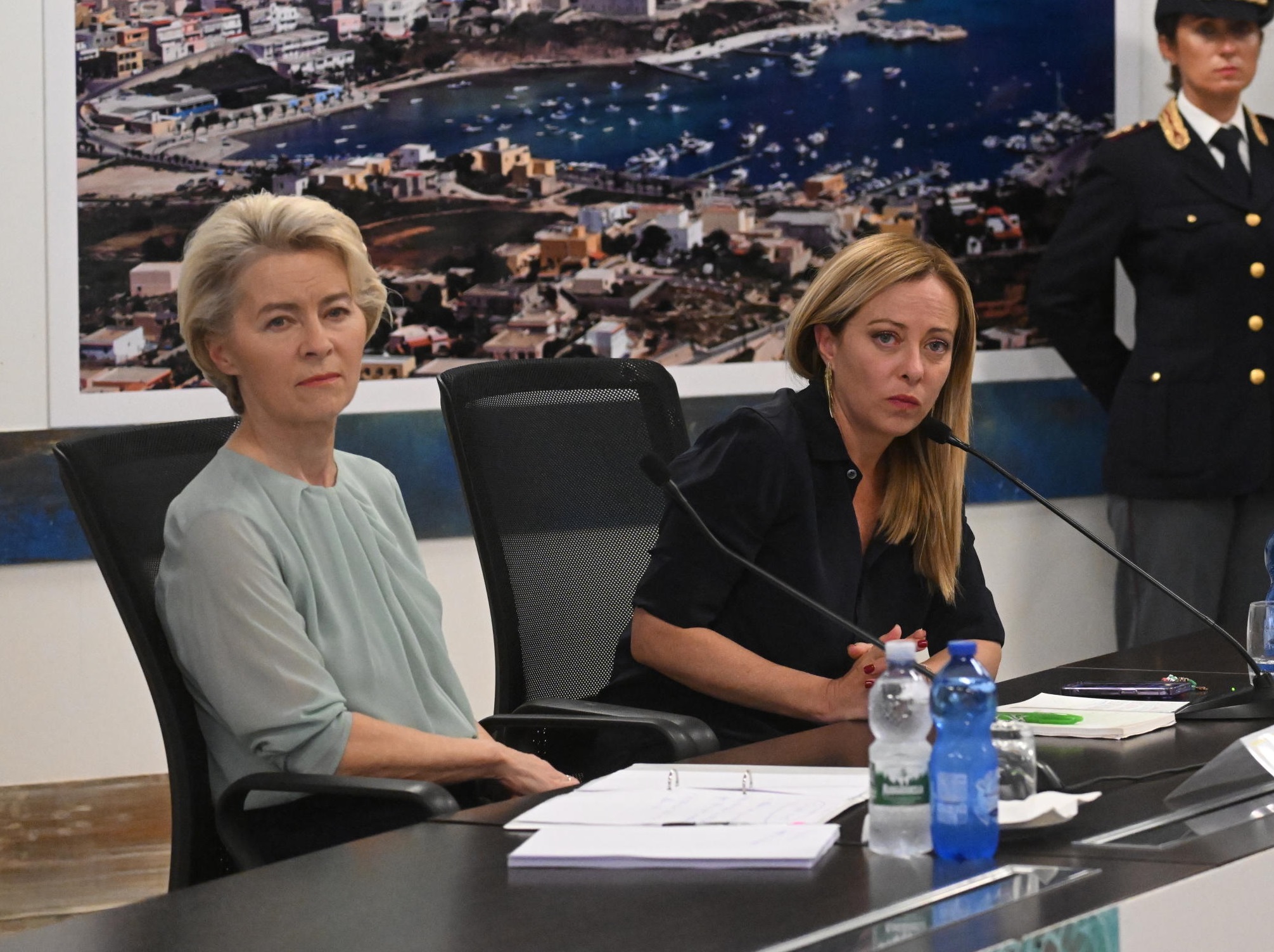The European Union’s migration deal with Turkey has yielded positive results despite certain “challenges”, the European Commission has insisted.
That comes in response to concerns regarding the establishment of similar deals with other African and Middle-Eastern nations, such as Tunisia.
Some have warned these new deals are unlikely to prove effective, with France’s Rassemblement National President Jordan Bardella in November criticising the Turkish deal as having achieved “very little” for Europe.
“Turkey is still refusing, for the most part, to take back the illegal immigrants who have come from Turkey itself, despite European taxpayers paying it €6 billion to do so,” he said in a written question to the EC.
“What changes does the Commission plan to make to future partnerships to prevent the failures seen with previous agreements?”
Replying on January 11, the EC insisted that, despite some problems its anti-migration deal with Turkey, signed in 2016, had garnered positive outcomes over the past few years.
“Despite challenges, the EU-Turkey Statement has produced tangible results leading to a significant decrease of loss of human lives, a reduction in irregular crossings and improving the situation of refugees and migrants in Turkey,” said Neighbourhood and Enlargement Commissioner Olivér Várhelyi.
European Commissioner for Home Affairs Ylva Johansson has been criticised by MEPs for claiming the European Union “needs a million migrants a year”. @KrahMax | @TomVandendriese https://t.co/D0JQOCOyuW
— Brussels Signal (@brusselssignal) January 10, 2024
He added that a similar deal signed with Tunisia last year was now also showing solid results. That is despite some difficulties regarding the agreement that saw the country returning EU cash.
In October, after Tunisia handed 60 million back to EU, Commission Vice President Margaritis Schinas said the development “did not change the fact that we continue working on the five pillars of the MOU with Tunisia.”
Várhelyi argued that there had already been a reduction in the number of migrants landing in Europe’s South.
“In October and November 2023, the pace of arrivals to Italy slowed down, with continued anti-smuggling operations by the Tunisian authorities,” he said.
“It demonstrates that the [Tunisia deal] is delivering improved co-operation and tangible results on the ground.”
Várhelyi’s bullish claims about curtailed migration from Turkey are similar to those made by politicians within Anatolia, the peninsula of land that constitutes the Asian portion of Turkey.
Speaking in October, Turkish interior minister Ali Yerlikaya claimed the country had “effectively curtailed illegal migration”, saying more than 110,000 would-be migrants had been intercepted by State authorities.
Such efforts do not appear to have prevented migrants from the developing world travelling through Turkey to get into Europe, with tens of thousands crossing into the bloc through the country last year.
There have been some recent positive developments regarding the crisis, with Greece and Turkey reportedly now combining efforts to deal with the issue in a bid to help ease tensions between the two countries.
A European Union-funded supercomputer could be used by Turkey’s Government to track dissidents, Sweden Democrat MEP Charlie Weimers has told Brussels Signal. https://t.co/KOLwiPw6ig
— Brussels Signal (@brusselssignal) January 10, 2024





